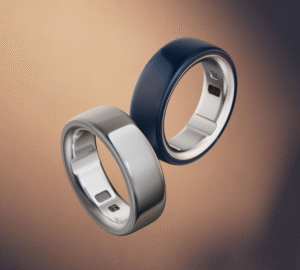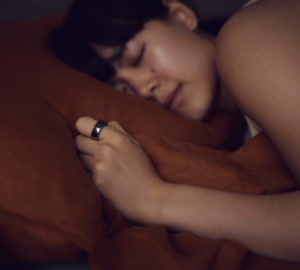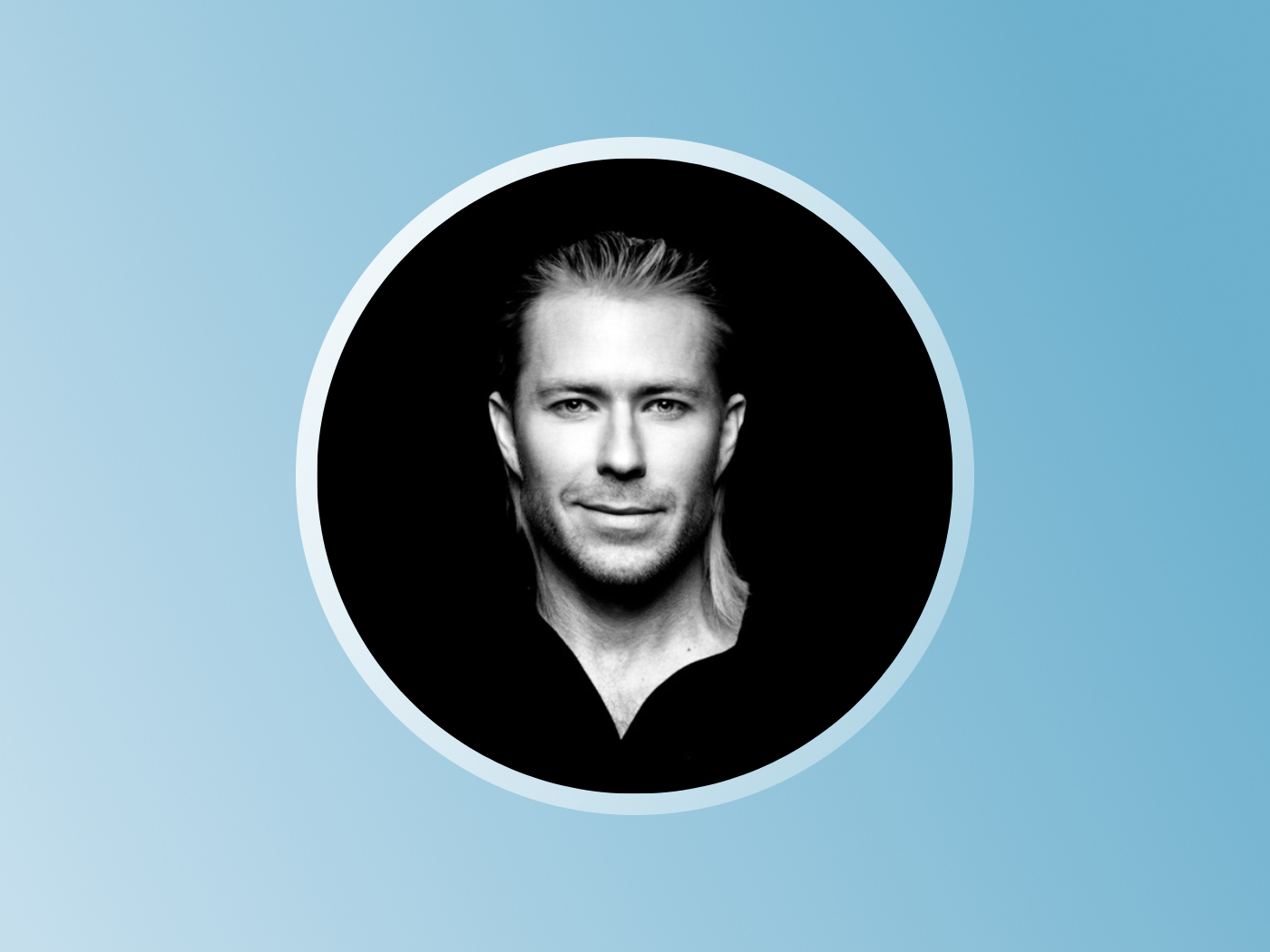Dr. Matthew Walker, PhD, is widely recognized as the leading authority in the field of sleep science. He is also a longstanding Oura member, contributor, and medical advisory board member.
A professor of Neuroscience and Psychology at the University of California, Berkeley, Dr. Walker is also the founder and director of the Center for Human Sleep Science at UC Berkeley, where he conducts research on the effects of sleep on human health.
Dr. Walker has authored numerous scientific articles and is the author of the bestselling book Why We Sleep: Unlocking the Power of Sleep and Dreams.
In the Oura Q&A, Dr. Walker shares more about his background, the most common myths about sleep, and tips to improve your own shuteye.
Tell us a little about yourself and your academic background. What’s your current focus area of work?
I’m a brain scientist. My research examines the impact of sleep on human health, wellness, and disease. One specific area we are currently focused on is the causal role that a lack of sleep plays in the development of Alzheimer’s disease and how we may be able to use sleep therapies in mid-life to sustain sleep and, therefore, bend the arrow of Alzheimer’s disease trajectory down on itself.
READ MORE: The Neuroprotective Benefits of Sleep
What’s the #1 misunderstood aspect of sleep that people believe?
If I did not know all that I do about sleep, I would make a mistake that many people do, which is to believe that sleep is optional, rather than being an absolutely vital biological necessity. It’s so understandable to think sleep is not essential, since we believe our mind simply goes blank and our body is dormant. So how much harm can it really do if one short-changes sleep? Sadly, the science indicates there are real life-span and health-span consequences to not getting the recommended 7-9 hours of sleep.
What’s your top suggestion to someone who’s looking to improve their sleep?
Manage your stress and anxiety. One way to do this is by having a wind-down routine before bed — whether it’s listening to music, reading, meditating, or taking a hot bath. Whatever works for you, find it, and stick to it.
| Member Tip: Curious about meditation? Find guided meditation and breathing exercises in the Oura App under Explore section, including free Headspace meditations. You’ll also receive post-session biofeedback, meaning you can see how your body responds to meditation in real-time. |
How would you recommend someone use their Oura data to understand and improve their sleep?
Don’t obsess over it. And if you are not stressed by it, try to focus on weekly trend lines, not nightly headlines. If things are not looking good, make sure you try to understand why, and change those things if you can. And if things are improving, think about why, and lean into those things to improve more.
LEARN MORE: How to Use Trends
Rapid-fire Round…
One word to describe your approach to health?
Routine.
What’s your go-to morning ritual?
Exercise.
Bedtime routine for good sleep?
Regularity.
Energy booster after a poor night’s sleep?
Self-compassion.
One surprising accomplishment that’s not on your resume?
MI5 agent.
Any unique hobbies or interests?
Racing cars.











